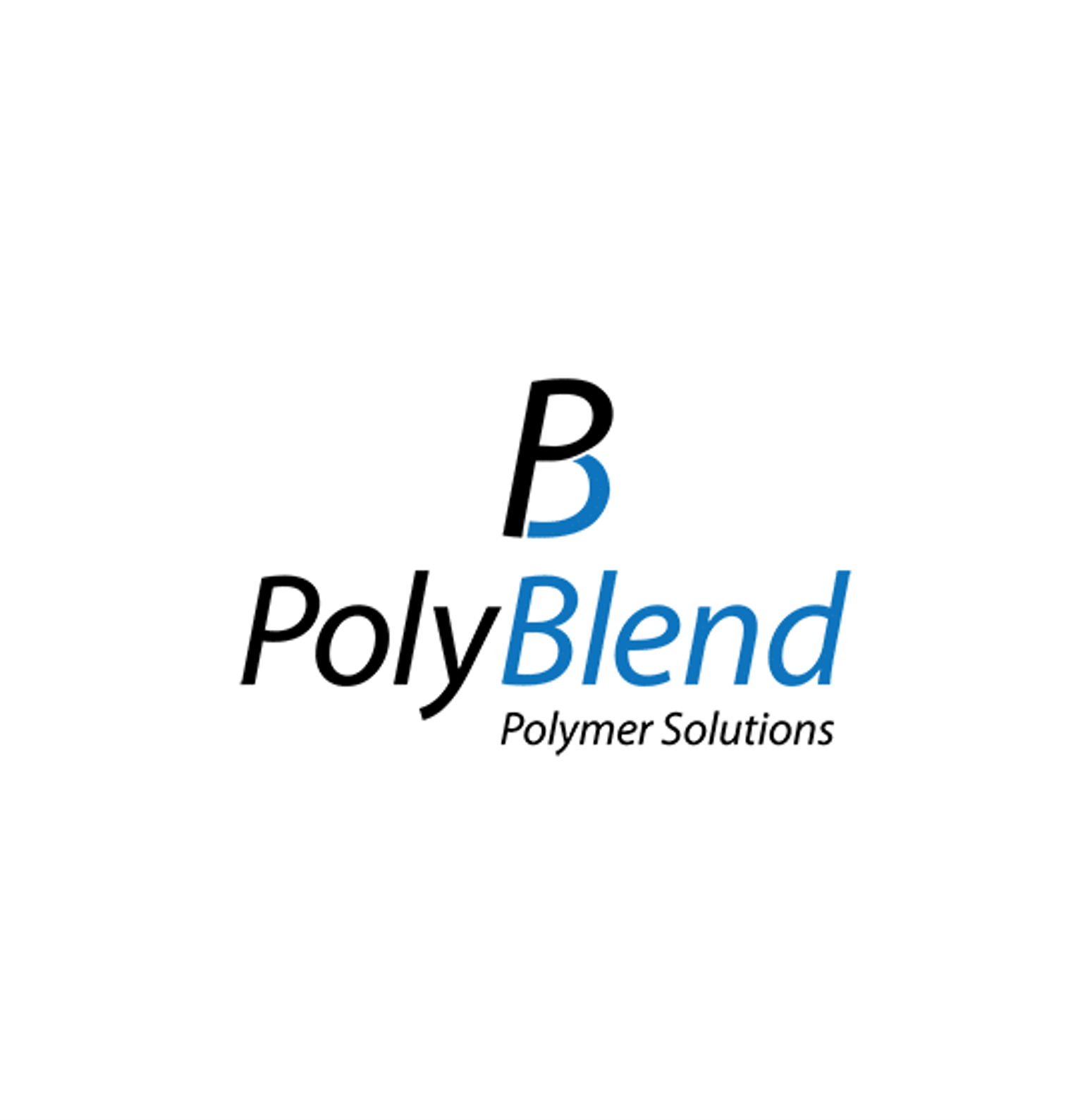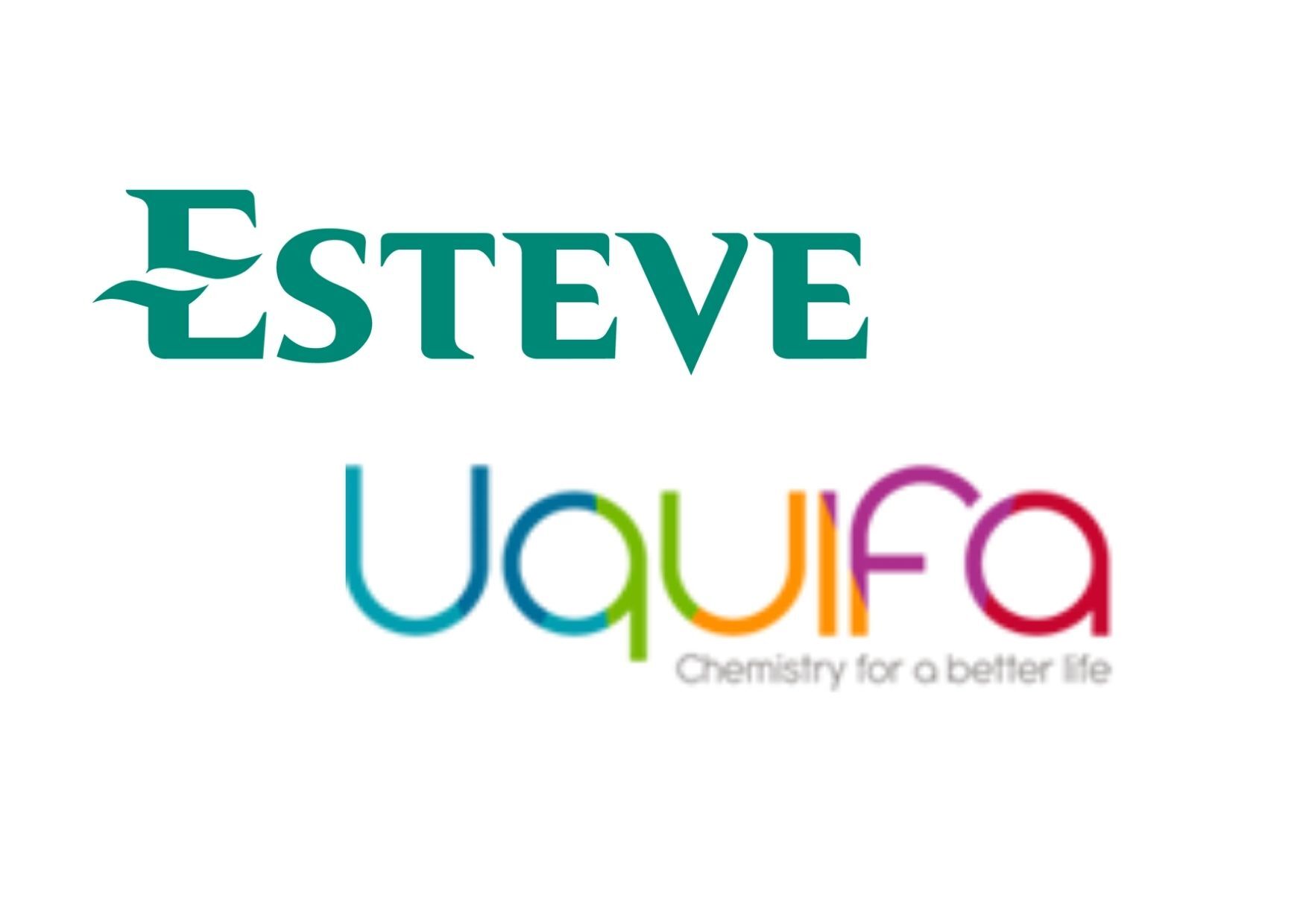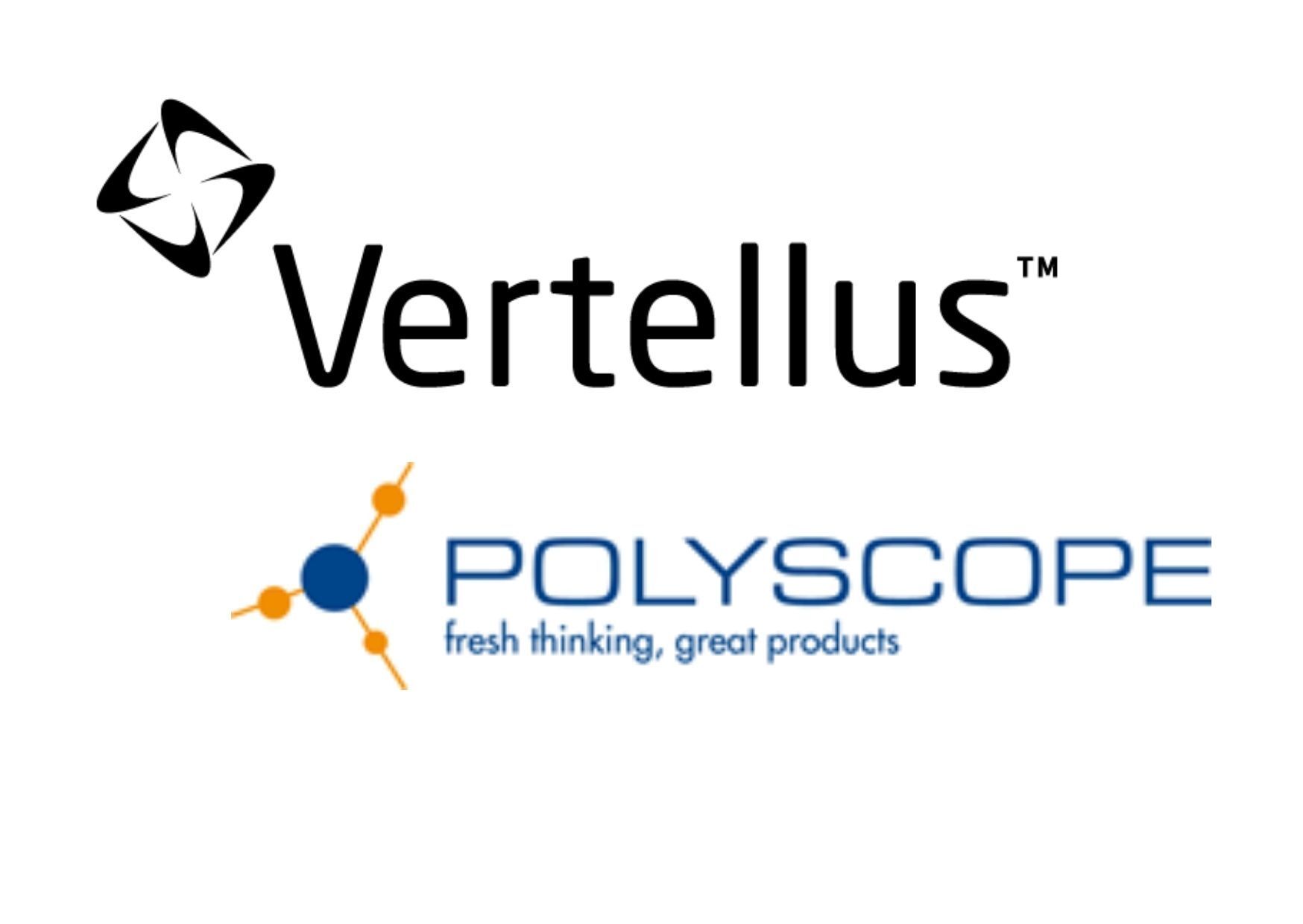PE Explained
CCD Partners • July 7, 2020
How it works, when to use it, and the 3 crucial calculations to understand

As the owner of a private company, you have likely considered ways to accelerate the growth and increase the value of your business.
You may have explored fundraising routes to scale up output, strategic partnerships to widen distribution, or looked at ways to diversify and differentiate your commercial offering.
The possibility of a majority investment from private equity (PE) may also feature among your options, but – like many business owners – you may have questions around the details of how such a partnership would work in practice.
CCD Partners meets regularly with private company owners who are curious to evaluate how a collaboration with PE could impact their business, as well as seeking to better understand the financial mechanics of such an investment.
Typical questions include:
- How does the PE model work?
- What value does PE provide, beyond just cash?
- What results / return are they targeting, and do I benefit?
- How can I get the best deal?
This article is a walk-through of the basics of PE - designed to give private owners an idea of the types of questions they should be asking as they explore the option of working with PE.
How PE works and when to use it
The underlying model of PE is relatively straightforward. They aim to buy low and sell high to realise gains for their own investors and themselves, typically over a 5-10 year time horizon.
Target returns and sample deal structure:
Although it can vary substantially, PE houses typically target a 3-10x overall return on their investments - equivalent to 20-40% per annum (compared to ~10% average stock market returns).
A typical deal might look like this:
- A PE house values a company at £20m and acquires 75% from the owner for £15m.
- The PE house invests capital and provides expertise to help management significantly increase the value of the company, eventually selling for £120m.
- The original owner’s remaining 25% therefore nets them £30m – in addition to the £15m they had already banked on the initial transaction.
- The PE firm has invested £15m (plus any investment capital), and sold for £90m, i.e. they have achieved an overall return of up to 6x.
As can be inferred from this example, the PE model is most effective for companies with significant value-creation potential that can be unlocked with an injection of capital and expertise. i.e. if your company could change from a £20m business to a £100m+ business in 4-5 years, and all this takes is capital and expertise, it could very well be an excellent option to consider.
For private owners, what matters most (economically at least) in such a scenario is:
- how much the PE house pays on entry (e.g. the £15m plus 25% equity), and
- how much might be achieved for the business on exit (e.g. the £120m).
The 3 crucial PE calculations
Once invested, the PE house will normally do a pretty good job maximising the chances of a high valuation on exit.
The most important thing for private owners considering the PE route is to secure a good deal on entry.
Success here typically means:
a) securing a high level of cash out, and
b) retaining a healthy % of the equity.
How much any given PE house will pay you in cash and equity on entry is typically determined by the “3 crucial calculations” mentioned in the title.
Understanding these 3 calculations is vital for private owners preparing to enter discussions with PE.
This is a broad topic, but we have attempted to distill it down to PE’s top 3 considerations under each heading, as follows:
1. Exit Valuation
– What is the expected value in 5 years’ time?
- Market trend / customer pull – What is the current and projected future demand for the company’s product or service?
- Competitive advantage – Do clients want the company’s specific service or product over other options?
- Exit options – How easily will the PE house be able to sell the company at the end of their investment lifecycle?
2. Journey Risk
– How risky they think it will be (and how long) to get from entry to exit?
- Organic factors - Does the journey require organic growth? How will that be achieved? What does it require? How risky is it?
- Inorganic factors - Does the journey require bolt-on or other acquisitions? How will that be achieved? What does it require? How risky is it?
- Leadership – The PE house will need to believe in and trust the management team, whether that includes existing management or new recruits.
3. Entry Price
– How much they have to pay to persuade you to sell to them? (Crucially, this is not the same as their valuation of the company).
- Presented value – Does the PE house think you know the full transformative potential of your business – For instance, if you forecast your business to reach £100m in value but they think £400m is possible, would they tell you?
- Data quality – Can they find any errors, risks, or concerns in your business plan (or your presentation of it) – If you agree a price of £20m but then a number of holes in your plan are discovered, even if these are not big value points, how much will they reduce the £20m?
- Other options – Do they think you have any other options – If they reduce their price by 20% would you still accept it?
Optimal strategy – How to get the most out of PE
Matched with the right company on the right terms, PE can unlock significant value.
For private owners to fully participate in this value-creation requires an understanding of how PE houses approach investment opportunities and their rationale for both selecting and pricing investments.
Though by no means exhaustive, the below serves as a starting point for private owners looking to develop their own PE engagement strategy.
1. Develop a PE-focused business plan, supported by:
- Market trend / customer pull data and rationale
- Competitive advantage data and rationale
- Exit options data and rationale
- Details of organic growth required
- Details of any corporate acquisitions required (if any)
A business plan specifically tailored to PE which demonstrates a detailed playbook for PE-backed value creation differs significantly from typical standalone corporate business plans.
2. Have a top-notch leadership team in place, or at least available, preferably with:
- Prior (successful) experience with PE and M&A
- An amount of time in the business or engaged with the business
- All roles required for the business plan filled, or with detailed plans in place
Forward planning for the personnel involved in bringing the PE-backed growth plan to life is essential. Many PE houses do not like incomplete management teams, presenting a full management solution greatly widens the field of potential investors, which in turn greatly increases the potential pricing of any deal that might be secured.
3. Do your own due diligence:
- Collate and review all the documents PE would review in their due diligence process
- Build your business plan up from primary data that can be analysed and cut in multiple ways
- Make sure any “skeletons” are dealt with up front before pricing is agreed
Vendor due diligence not only protects business owners from surprises (and subsequent price negotiations) but also facilitates building an extremely credible thought-through business plan that investors can believe in.
4. Run a professional process:
- Convince the PE firm that you know what you’re doing
- Use professional negotiators
- Use competitive tension
In any sale process format (from one-on-one to wide auctions), sellers are vulnerable to significant price reductions during late stages of due diligence and final pricing. The primary defences against this are 1) showing you can walk away to other options, 2) pointing to pre-agreed pricing mechanics and market norms, and 3) the threat of reputational damage (in the competitive world of PE it is advantageous to maintain a good reputation amongst the advisory community).
In short, if they want to avoid leaving significant value on the table, private owners should ensure they approach and engage PE with a well-defined strategy – one that protects their short and long-term interests and works to lay the foundations for a win-win partnership.
***
If you are a private company owner interested in the potential of private equity to unlock the transformative potential of your business, please contact
CCD Partners for a confidential discussion.
CCD Partners manages a network of regional, international, and sector-specialist investors in the chemicals and life sciences sectors, and works with business leaders planning for and securing investments that unlock the next chapter of their company’s growth.
CCD Partners is a consultancy specialised in corporate transformations in small and mid-market chemicals and life sciences businesses.
To organise a call with one of our partners please email contact@ccdpartners.com
Receive M&A news relevant to your business
At critical moments our clients engage us to provide pre-publicity "off-market" intelligence to give them the edge over the competition - we also provide up-to-the-minute public or "on-market" intelligence for free
Contact Us
RECENT POSTS
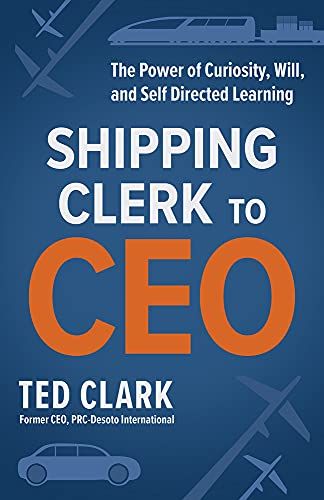
In the latest episode of the Chemical Transformations podcast , CCD Partners' Managing Partner Matt Dixon speaks with Ted Clark, former President and CEO of Royal Adhesives & Sealants, discussing his new book "Shipping Clerk to CEO: The Power of Curiosity, Will, and Self Directed Learning”. The book tells the story of Clark’s remarkable career journey from entry-level worker to CEO of a $240m chemical company by the age of 42.
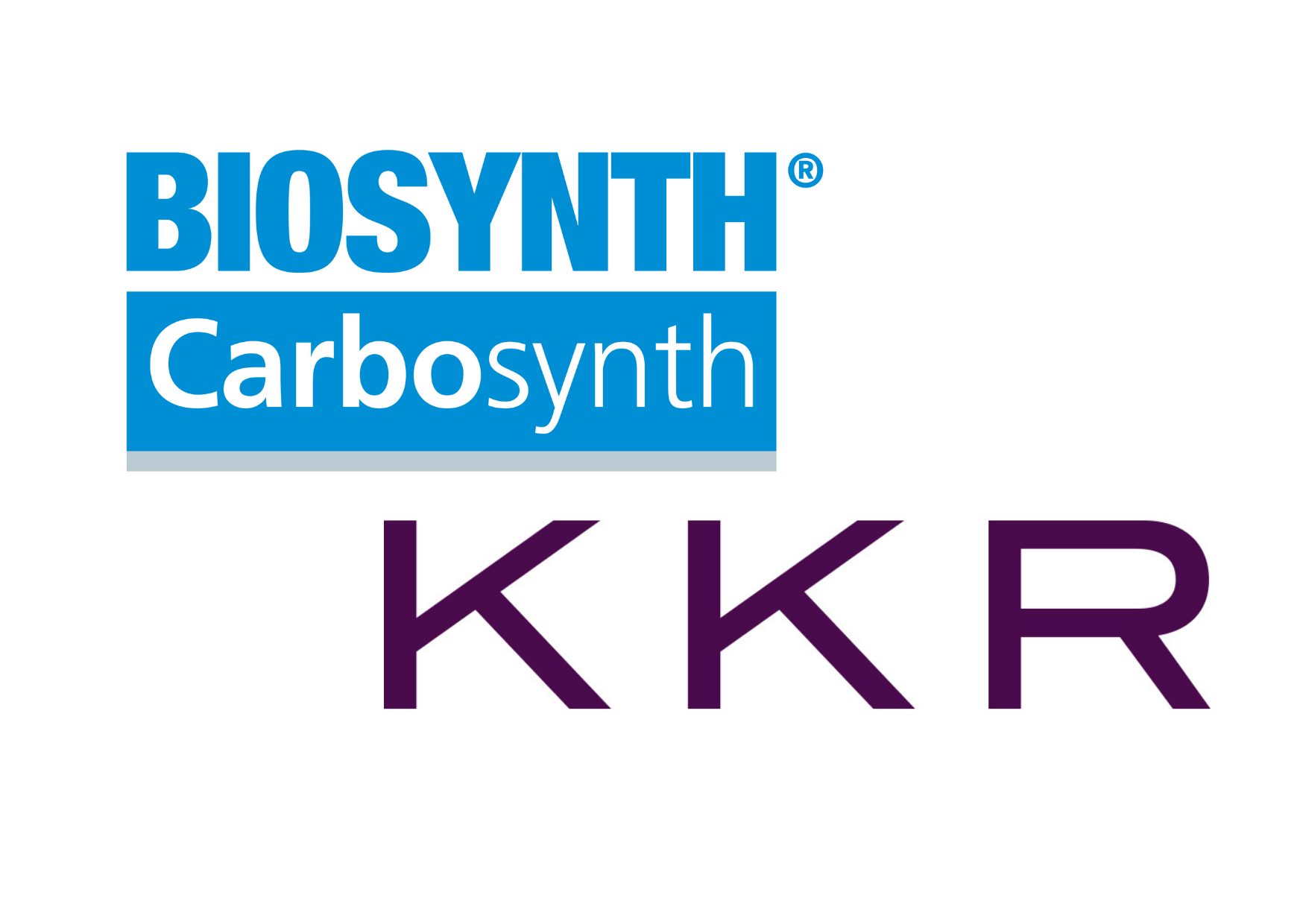
Biosynth Carbosynth is a fully hybrid Research Products, Life Sciences Reagents and Custom Synthesis and Manufacturing Services Company with global research, manufacturing and distribution facilities. They are the supplier of choice for many in the pharmaceutical, life science, food, agrochemical, cosmetic and diagnostic sectors and manufacture and source a vast range of chemical and biochemical products.

Steve Allin co-founded Charnwood Molecular with Phil Page in 1998. 22 years later, the business has evolved dramatically from its origins as a spinout of Loughborough University. Backed by a partnership with Synova Capital, the company is now preparing to move into a former AstraZeneca research facility and has already completed its first M&A deal, acquiring Aurelia Bioscience in summer 2021. CCD Partners’ Matt Dixon spoke with Steve about the journey from full-time academia to running a high-growth market leader.



